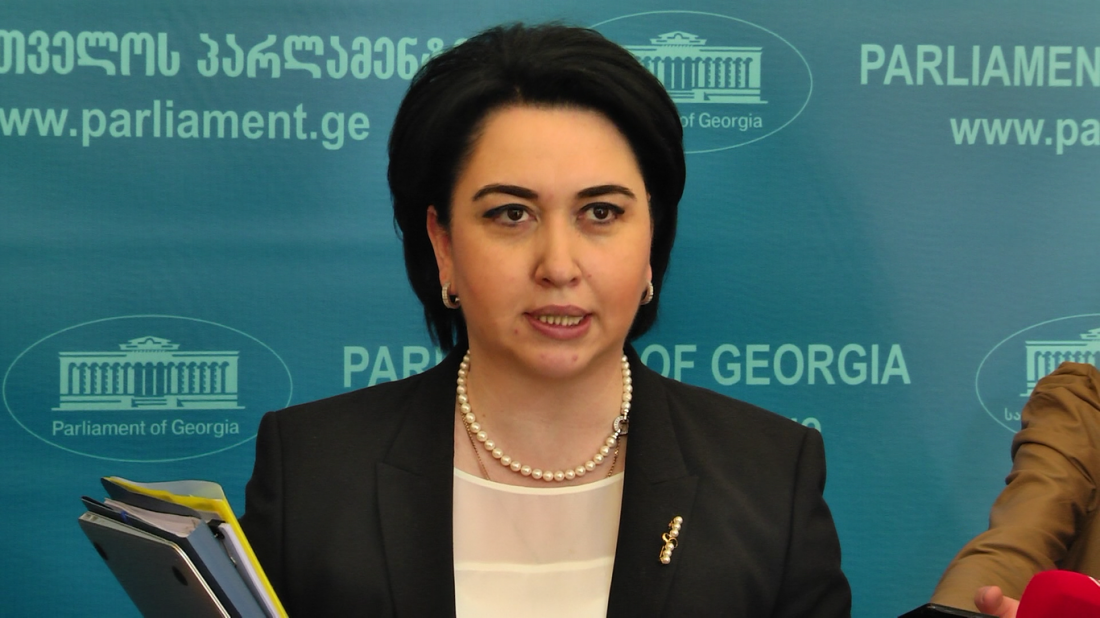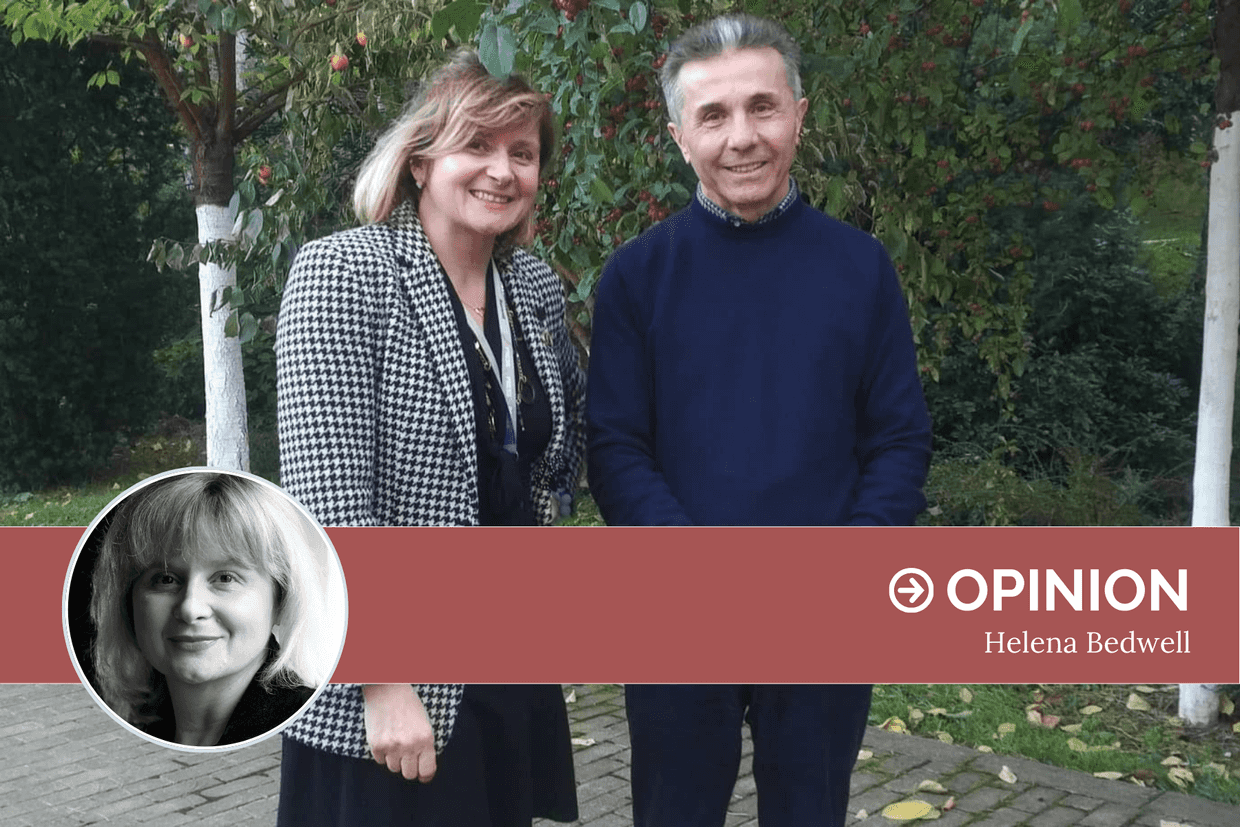

At least four MPs from Georgia’s ruling Georgian Dream party have threatened to leave the party, including the influential former legal affairs committee chair Eka Beselia. The split has occurred over a list of candidates for Georgia’s Supreme Court who critics say are part of a ‘clan’ within the judiciary.
The ruling party halted planned hearings for the candidates on 12 January after Beselia, one of the oldest members of the party, resigned as head of the Legal Affairs Committee in protest.
Beselia publicly condemned the proposed list in late December, claiming the confirmation process was being ‘rushed’ by Parliamentary Speaker Irakli Kobakhidze. A number of other party members have expressed support for her actions and have vowed to oppose the appointments.
In a July 2018 report, Transparency International — Georgia described a ‘dominant [group] of judges within the judiciary, […] which has the leverage to influence [other] judges.’
As the ruling party scrambled to deal with cracks in the ranks, the recently formed To Save the Judiciary group held a rally in front of Tbilisi’s Supreme Court building. The group includes activists and members of several civil society groups.
In a proclamation read aloud at the demonstration, the group denounced Georgian Dream for labelling opponents of the lifetime Supreme Court appointments as having ties with the former ruling United National Movement (UNM) party.
On Tuesday, Georgian Dream’s political council condemned what they called a ‘political and media assault on the court branch’, which they said was being orchestrated by the UNM and ‘their satellite parties, NGOs, and professional groups’.
The activists said the accusation did not make sense because the ruling party ‘supported and trusted the clan formed and strengthened within the justice system during [the rule] of the [United] National Movement’.
‘This group ruled the justice system in total servility to the previous government when carrying out political orders. It has, therefore, become apparent to the public that improving the justice system through legal procedures while under their rule is impossible’, read the statement.
To Save the Judiciary also reiterated demand for the resignation of the High Council of Justice (HCoJ) members who voted on 24 December to send the controversial list of 10 judge nominees to Parliament for approval.
‘Time to decide’
Gedevan Popkhadze, a member of Georgian Dream who has been critical of his party’s leadership, told journalists before a closed meeting of Georgian Dream on Wednesday that he was considering leaving the party.
He called the previous day’s statement by the party ‘unacceptable’.
‘With an approach like this, we are, in some ways justifying [former president Mikheil] Saakashvili’s regime […] I believe that judges who did bad things cannot be judges’, Popkhadze said.
Following the meeting, Eka Beselia said she had challenged other members on the statement that labelled all opponents as being connected to the UNM.
She said that former prime minister and Georgian Dream chair Bidzina Ivanishvili asked members to move forward and stop public discussions of the row.
Beselia said that while she appreciated Ivanishvili’s efforts to maintain party unity, the controversy was about ‘values’.
She added that the ‘time was ripe’ for her and others to decide whether they would stay or leave Georgian Dream, a decision she said would be made ‘within several days’.
Both before and after the meeting, a number of party members insisted that the there was no talk of expelling any members, but that ‘party discipline’ was necessary including an end to ‘public attacks’ from other members.
Georgian Dream’s General Secretary, Tbilisi Mayor Kakha Kaladze, told journalists on Tuesday that any members wishing to leave the party were ‘free to do so’.
‘Those who did bad things then, do good things now’
In their statement on Tuesday, Georgian Dream vowed to confront opponents’ plans for the ‘unlawful’, ‘revolutionary cleansing’ of judges that the UNM and their allies did not control.
The party’s executive secretary, Parliamentary Speaker Irakli Kobakhidze, elaborated on TV Pirveli’s evening show.
He insisted that Georgian Dream refused to ‘touch’ the judges, and challenged opponents to name one ‘problematic’ ruling by a judge from ‘the clan’ after Georgian Dream came to power.
‘The system has been transformed without the replacement of individuals. Those who did massively bad things then, do good things now’, Kobakhidze said.
Rulings by several of the judges in question have been successfully challenged in the European Court of Human Rights.
On 12 January, Kobakhidze announced that his party would not go forward with the list until a working group defined new procedures for vetting nominees.
Ten days later, all 10 of the nominees collectively appealed to parliament to be disregarded as candidates, citing ‘unprecedented pressure’.
Both announcements followed a growing consensus against the list, which was criticised by over 40 civil society groups, the Public Defender, non-judge members of the HCoJ, several former judges, prominent lawyers, and the opposition European Georgia, UNM, and Alliance of Patriots parties.
Nations in Transit 2018 report from American rights watchdog Freedom House said that Georgia’s judicial system ‘still suffers from public distrust and a high degree of politicisation’.









